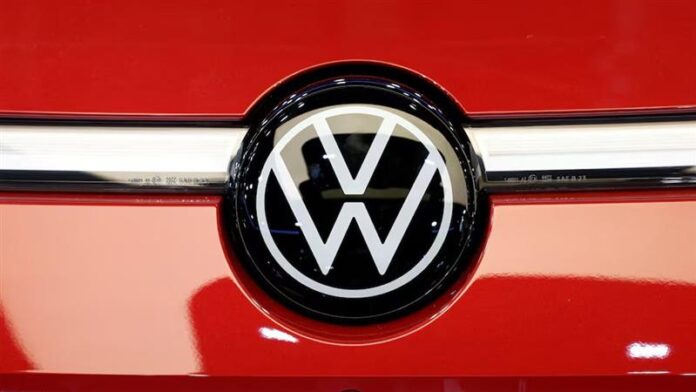In a major blow to Germany’s automotive industry, Volkswagen AG has confirmed plans to shut down at least three of its plants within the country, signaling extensive layoffs that could number in the tens of thousands. This decision was revealed by Daniela Cavallo, head of the works council at Volkswagen, during a meeting with employees at the company’s headquarters in Wolfsburg.
Cavallo emphasized that these closures are not merely a negotiating strategy but a critical part of Volkswagen’s broader cost-cutting initiative, driven by weaker demand from both Chinese and European markets. The closures are part of a drastic restructuring effort aimed at streamlining operations and aligning the company with new market realities.
Volkswagen, one of the world’s largest car manufacturers, employs approximately 300,000 workers in Germany alone. The layoffs represent a significant contraction for the company and could have profound implications for Germany’s industrial landscape, particularly in regions heavily dependent on the automotive sector.
The announcement has raised concerns about the future of Germany’s industrial workforce, putting immense pressure on the government in Berlin to develop strategies that protect jobs and support transitioning workers into new sectors or roles. The German economy, long propped up by its automotive industry, faces a pivotal moment as traditional manufacturing jobs give way to technological advancements and shifting global market demands.
This news highlights the challenging times faced by traditional automotive giants as they navigate through a period of transformation, influenced by factors like the rise of electric vehicles, global economic shifts, and evolving consumer preferences. Volkswagen’s decision underscores the harsh realities of economic downturns in key markets and the necessity for companies to adapt their business models rapidly.
As the situation develops, all eyes are on Volkswagen’s management, unions, and the German government to see how they will address the social and economic fallout from these closures and the massive layoffs that will follow.
Key Points:
- Plant Closures: Volkswagen plans to close at least three of its manufacturing plants in Germany, marking a significant operational contraction for the automaker in its home country.
- Layoffs: Alongside the plant closures, Volkswagen is considering laying off tens of thousands of workers, indicating a substantial reduction in its workforce in Germany.
- Cost-Cutting Measures: The closures and layoffs are part of a broader cost-cutting initiative, driven by economic pressures including weakened demand from key markets like China and Europe, and challenges in transitioning to electric vehicles (EVs).
- Pay Cuts: There are proposals for a 10% reduction in pay across the board, alongside wage freezes for the years 2025 and 2026, aimed at reducing operational costs further.
- Outsourcing and Relocation: Volkswagen’s management is also considering outsourcing or relocating entire departments abroad, which could affect both jobs and the structure of its operations.
- Union and Government Response: The works council, led by Daniela Cavallo, has expressed strong opposition to these plans. There’s also pressure on the German government to address the economic implications, with Chancellor Olaf Scholz emphasizing that past management errors shouldn’t burden employees.
- Economic and Industry Impact: This move by Volkswagen highlights the broader economic challenges facing Germany, including a contraction in economic growth, and underscores the difficulties traditional automakers face amidst the shift towards electric vehicles and global competition.
- Negotiations and Future Talks: Volkswagen’s management presented these plans separately from ongoing labor agreement talks, with the next round of discussions scheduled. This suggests ongoing negotiations between management, unions, and potentially government bodies to mitigate the impact on employees.



